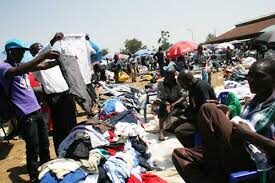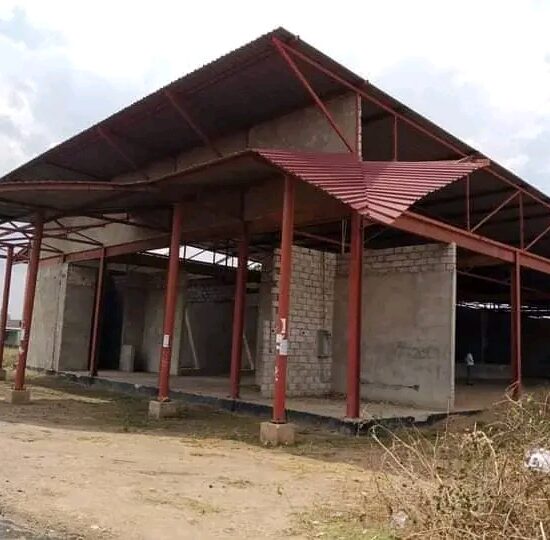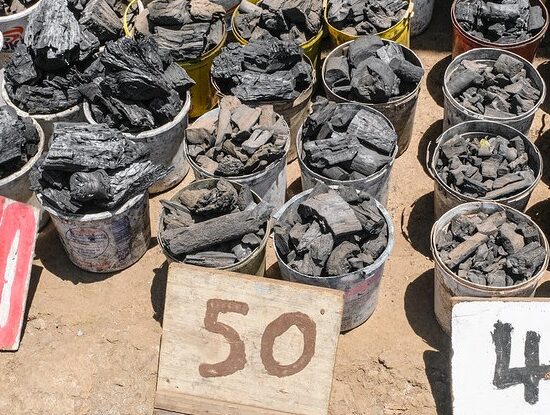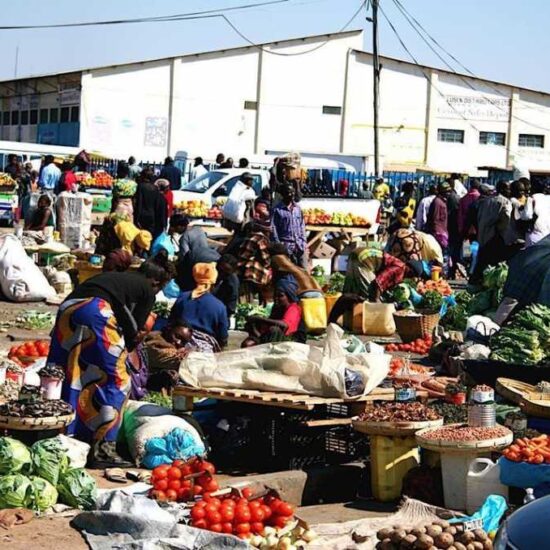
Ndola Nutrition Organization (NNO) which is one of the leading humanitarian organizations keen to fighting poverty, food insecurity, clean water deficiency and social injustice in Zambia, has expressed grave concerns about the adverse effects of climate change on food security and water availability in the region.
Speaking in an exclusive interview with the Zambian Business Times – ZBT, Ndola Nutrition Executive Director Halumba Munachonga disclosed that as a consequence of reduced food availability, households are being forced to ration their meals, with some families resorting to consuming wild foods such as “Imbula” or impundu.
Munachonga emphasized that climate change has significantly reduced food production and led to a water crisis, affecting both human beings and livestock.
He pointed out that inadequate water has negatively impacted crop, fruit, and vegetable production, as well as the poultry and animal farming sectors, resulting in insuff icient food at the household level.
Munachonga warned of the increased risk of malnutrition and water-related diseases due to limited access to water, as well as the shortage of water at community boreholes.
Furthermore, Munachonga warned of potential conflicts between humans and animals over scarce water resources, particularly in areas near game parks.
He stressed the need for a mindset shift and preparation to adapt and cope with the impact of climate change, advocating for investments in mixed cropping, drought-resistant crops, and water harvesting techniques.
Munachonga has also urged the community to prepare for the worst and emphasized the importance of investing in locally available indigenous seeds and regenerative agricultural practices to mitigate the effects of climate change and ensure food security in the region.






